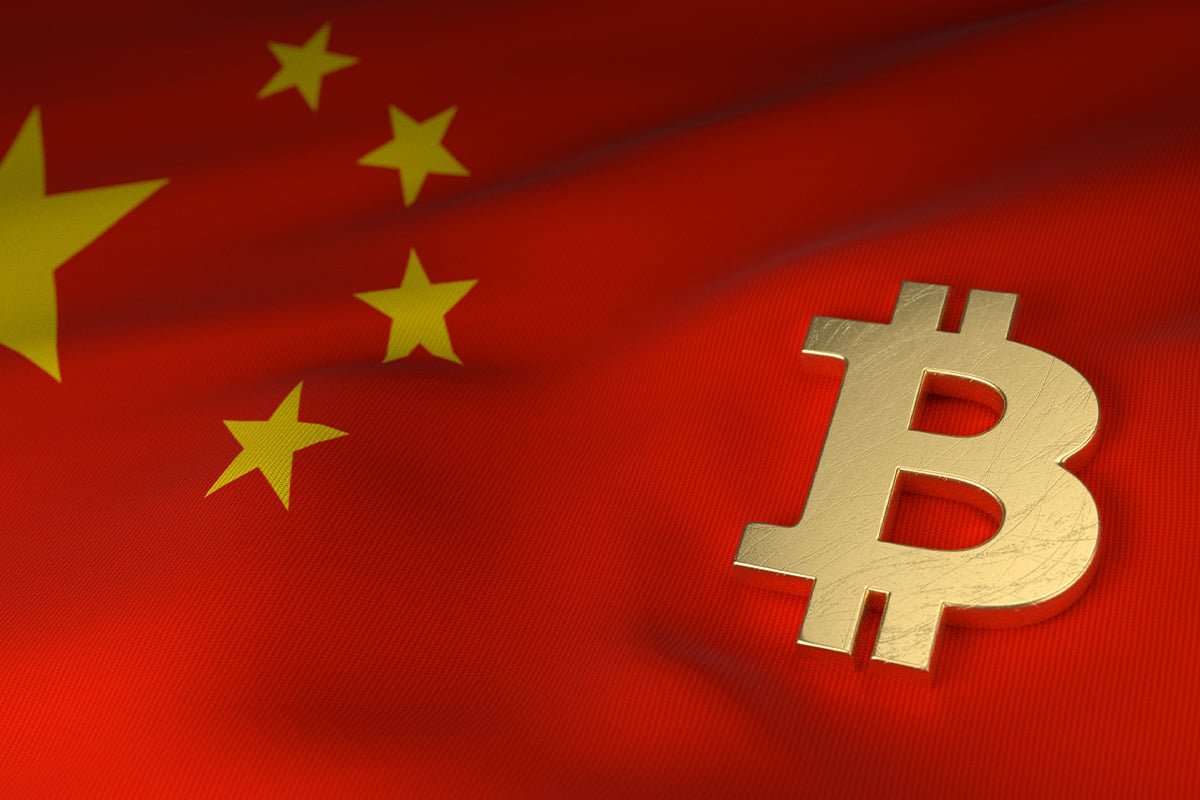China Explores Stablecoin Strategy as Shanghai Reignites Crypto Debate

Este artículo fue publicado originalmente aquí

China has had a strict ban on cryptocurrencies since 2021, but it looks like the country is starting to rethink its stance on digital assets. The Shanghai State-owned Assets Supervision and Administration Commission held a meeting recently that brought together 60 to 70 officials and specialists to talk about stablecoins and digital currencies.
The meeting took place in Shanghai, China’s financial hub, marking a subtle yet significant shift in tone. Regulator He Qing stressed the need for “greater sensitivity to emerging technologies and enhanced research into digital currencies.”
Stablecoin Strategy: A Response to Global Trends
The summit takes place in the middle of a flourishing crypto market. The global stablecoin market cap is $262.56 billion, with Tether’s USDT ($160 billion) and Circle’s USDC ($62.8 billion) leading the way. Bitcoin also reached a new all-time high of $118,400, which is a 6% increase in 24 hours.
China is interested in stablecoins since US dollar-backed tokens make up more than 99% of the worldwide stablecoin market. Chinese leaders are worried about giving up control of digital trade to American money because of this reliance.
Hong Kong as a Testing Ground
Reports say that Chinese IT companies JD.com and Ant Group are getting ready to apply for stablecoin licenses in Hong Kong and the new rules will take effect on August 1. These companies want to make stablecoins backed by the yuan so that people can use digital RMB to buy things outside of China without the money leaving the country.
This works with Beijing’s regulatory firewall and makes the renminbi a competitor to the dollar, which accounts for less than 3% of all cross-border transactions right now.
Balancing Innovation and Caution
Even though this is the case, China’s crypto watchdogs are nevertheless on the lookout. The Beijing Internet Finance Association has warned people about stablecoin frauds and said that phrases like “DeFi” and “Web3” could be signs of Ponzi schemes or money laundering.
The meeting in Shanghai didn’t fully support revisions to the laws for cryptocurrencies, which shows that they were being careful. But the fact that policy specialists from Guotai Haitong Securities, who talked about global stablecoin developments, were there shows that they want to look into new ways to use digital currency.
What does This Mean For Global Finance?
China’s interest in stablecoins could change the way money works around the world. A stablecoin backed by the yuan and issued in Hong Kong might compete with the US dollar in digital trade, especially for exporters in China’s southern provinces who already use USDT and USDC for overseas agreements.
This decision shows that Beijing wants to stay competitive in the digital economy while keeping a close eye on finances. Shanghai is leading the way in pilot changes.
